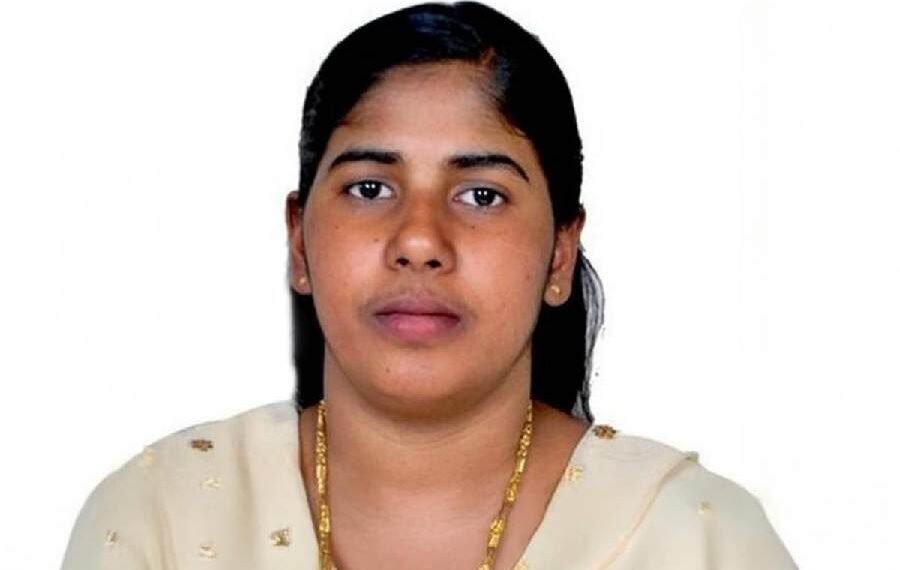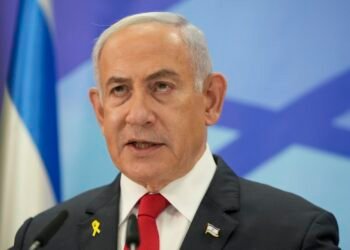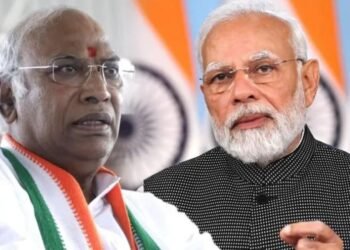The execution of Indian nurse Nimisha Priya, who was on death row in Yemen for the alleged 2017 murder of her Yemeni business partner Talal Abdo Mehdi, has been postponed—just hours before it was set to take place on July 16, 2025.
Why was the Execution Postponed?
Diplomatic and religious negotiations
Intense back‑channel talks were underway involving the Indian government, Yemeni judiciary, and local mediators
- Notable involvement included Kerala’s Grand Mufti Kanthapuram A P Aboobacker Musliyar, Sufi scholar Sheikh Habib Umar bin Hafiz, and Yemeni religious figures
ALSO READ: Grand Mufti Intervenes to Save Kerala Nurse from Yemen Execution
Blood-money (“diyya”) discussions
- Under Sharia law in Yemen, execution can be commuted if the victim’s family accepts blood-money (diyya)—reported to be around US $1 million
Negotiators report that for the first time, Talal’s family has engaged in talks through religious intermediaries .
Yemen prosecutor’s official delay
The Yemeni Office of the Prosecutor General issued a formal order halting the execution pending further notice. However, the sentence remains legally valid unless the diyya arrangement is finalized.
Role of the Indian government
New Delhi has stated that it has exhausted official diplomatic avenues, noting its limited influence in Houthi-controlled areas. Instead, India provided consular support, legal aid, and facilitated unofficial channels—including outreach to influential Yemeni religious leaders.
ALSO READ: Indian Nurse Nimisha Priya Set to Be Executed in Yemen on July 16
Bottomline
Nimisha Priya’s execution has been temporarily halted, offering a crucial window for the diyya negotiations to bear fruit. While the legal sentence still stands, ongoing diplomatic, religious, and private efforts are her only path to pardon or reprieve.














